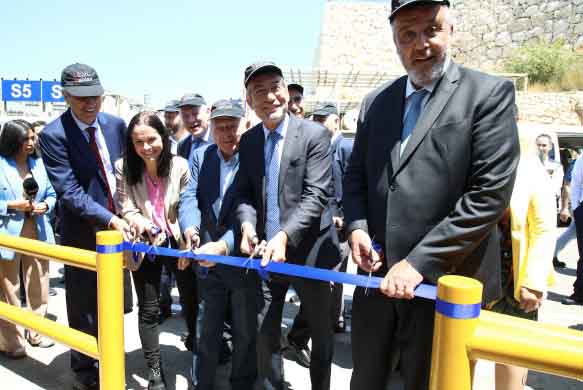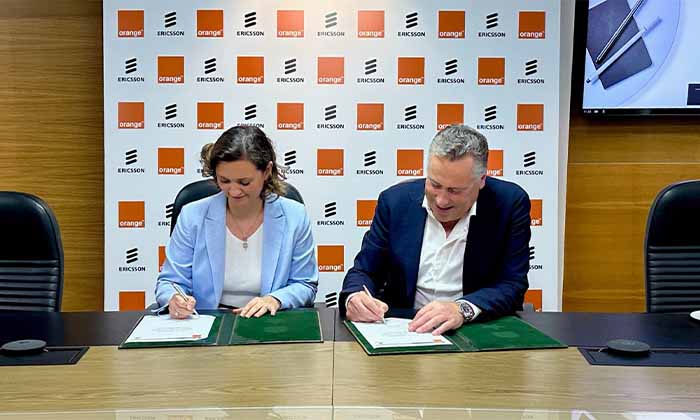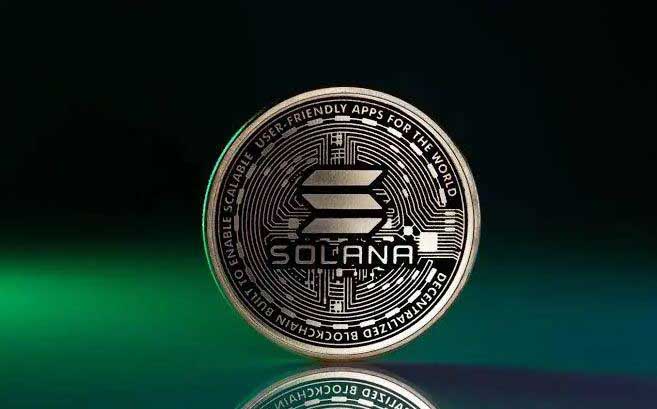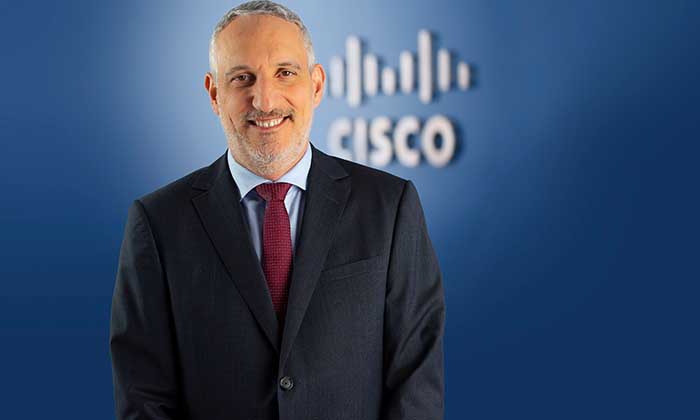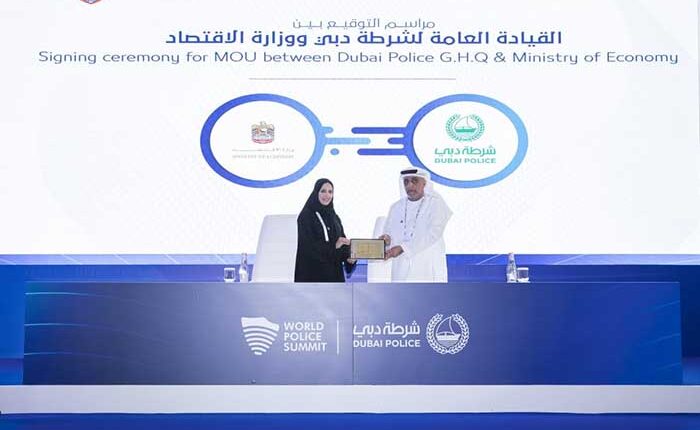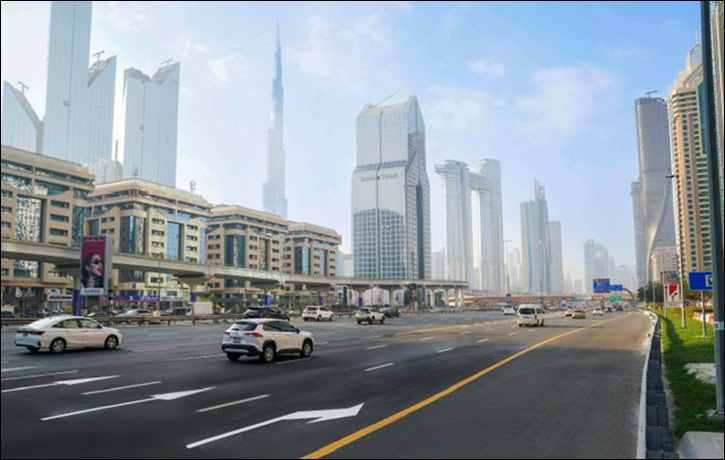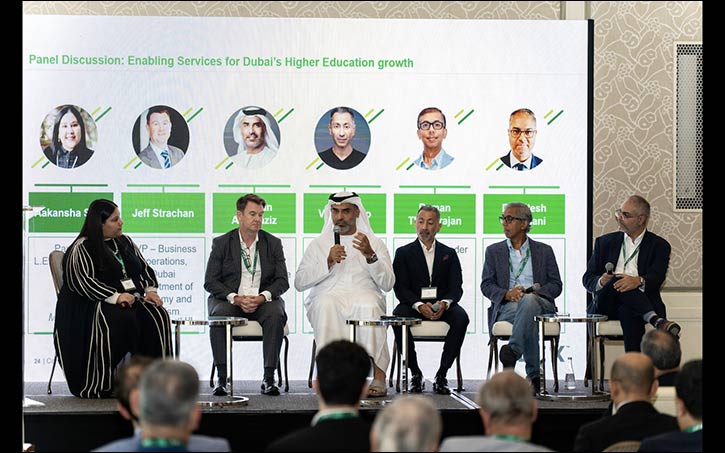Liban Cables, a Nexans company, the leading provider of advanced cabling systems, solutions and innovative services, has inaugurated the extension of its 600 kW peak solar power system at its Nahr Ibrahim industrial facility, leading to a total output power to 1.2MW at peak with a first of its kind 500kW containerized battery solution.
This project will allow Liban Cables to reduce greenhouse gas emissions by 1,500 tons per year, which is equivalent to the weight of 750 cars, by replacing two of its six electric generators with photovoltaic panels.
The 3,020 photovoltaic panels installed at Liban Cables and connected to the plant with Nexans solutions will generate over 1,800 MWh per year. This renewable energy will cover over 18% to 20% of the electricity needed by the plant to produce a wide range of building, industry and infrastructure cables. This is the equivalent to the annual electricity consumption of 434 Lebanese homes for 25 years.
The official unveiling took place under the patronage and in the presence of H.E Dr. Walid Fayad, Minister of Energy and Water and H.E Mr. George Bouchikian, Minister of Industry.
Ms. Maria Lorente, Senior Corporate VP CHRO & CSR – Nexans, in addition to clients, distributors, partners and members of the press, also attended the launch event.
Commenting on this inauguration, Mr. Nabil Khlat, Chairman and CEO of Liban Cables, said : “Liban Cable’s facility is one of the largest renewable energy projects in the country. This installation represents Nexans’ commitment to reduce its greenhouse gas emissions by 4.2% per year by 2030 and to contribute to mitigating the impact of climate change by developing renewable energy usage”.
The Minister of Industry, H.E. Georges Bouchikian took the floor stating: “Prosperity and stability in society is ensured by the integration and interaction between industry, tourism, trade, and services. The state cannot exist and persist without protecting these sectors and giving them growth opportunities. The private sector in all its aspects remains the guarantee of the economy.
The willingness of Liban Cables to invest financially in this project, as industrialists did before them, is an indication of well-being, flexibility, and determination to rely on oneself, without that implying the will to replace the state, nor does the state want to wither away, disappear, or isolate.
I congratulate Liban Cables for being a leading institution in the manufacturing of cables and advanced, innovative solutions in this field. The partnership of Liban Cables with the international French group Nexans opens horizons and opportunities.”
The Minister of Energy and Water, H.E Dr. Walid Fayad addressed the attendees saying : “the ministry of energy and water is ready to coordinate and cooperate with the ministry of Industry to move forward in order to transform the largest possible number of Lebanese factories to operate on renewable energy.
He also revealed that: “the ministry of the Energy and water has prepared a joint proposal with the ministry of finance to relieve all solar energy importers from VAT and other taxation and this in accordance with article 72 of the 2022 budget; hoping that this decision will incentivize more solar energy projects”.
Finally, he informed the audience that: “the negotiation between the team of the ministry and of EDL on one side and representatives of 11 private sector companies who were awarded licenses to produce electricity will reach its conclusion and the contract signing will happen this coming Friday according to a previous cabinet decision.”
In 2017, Liban Cables had shown its Energy Transition pioneer position by installing a 600 kWp solar power system at its Nahr Ibrahim industrial facility. This was the first project to be completed within the framework of the Small Decentralized Renewable Energy Power Generation (DREG) Project by the United Nations Development Program and the Lebanese Ministry of Energy and Water.
